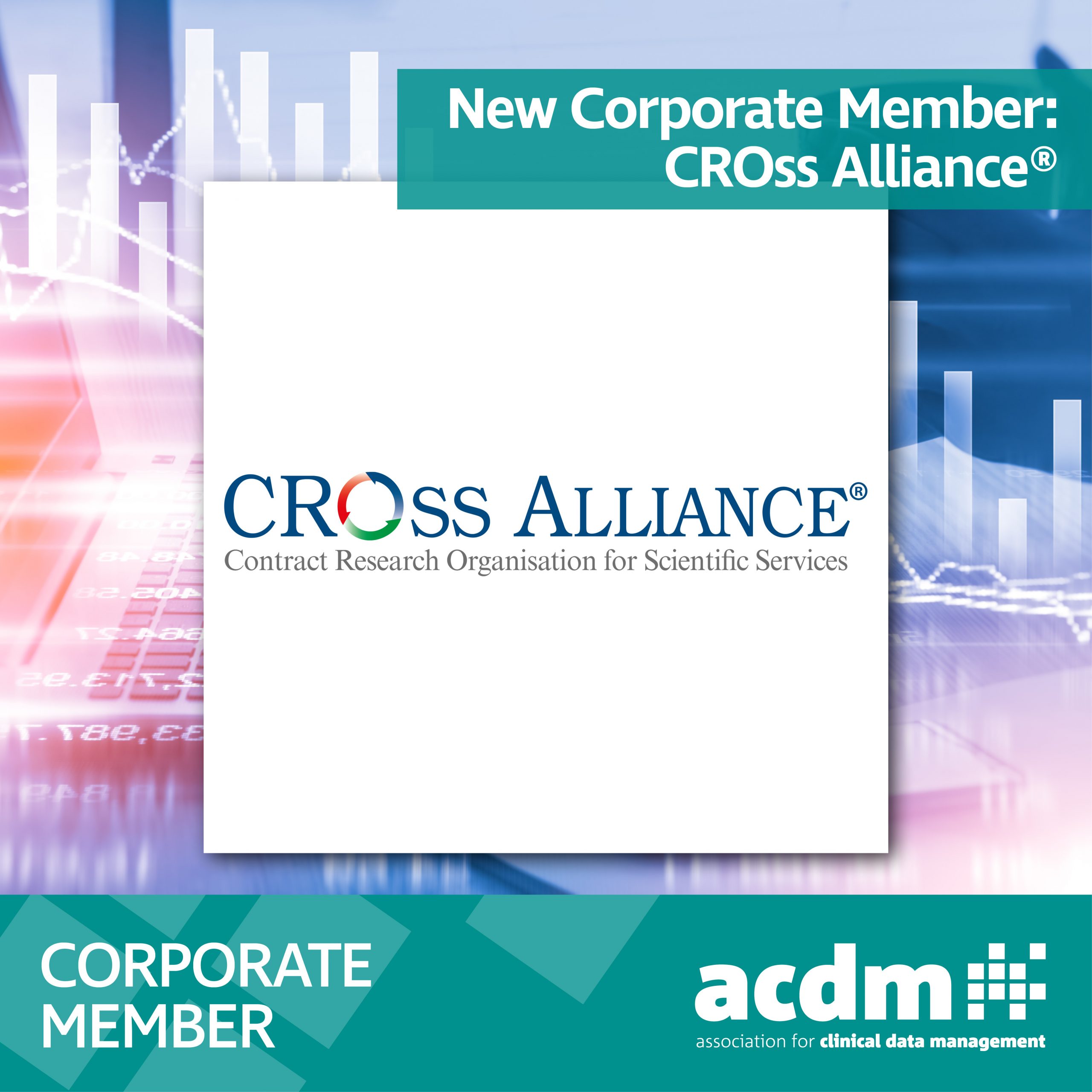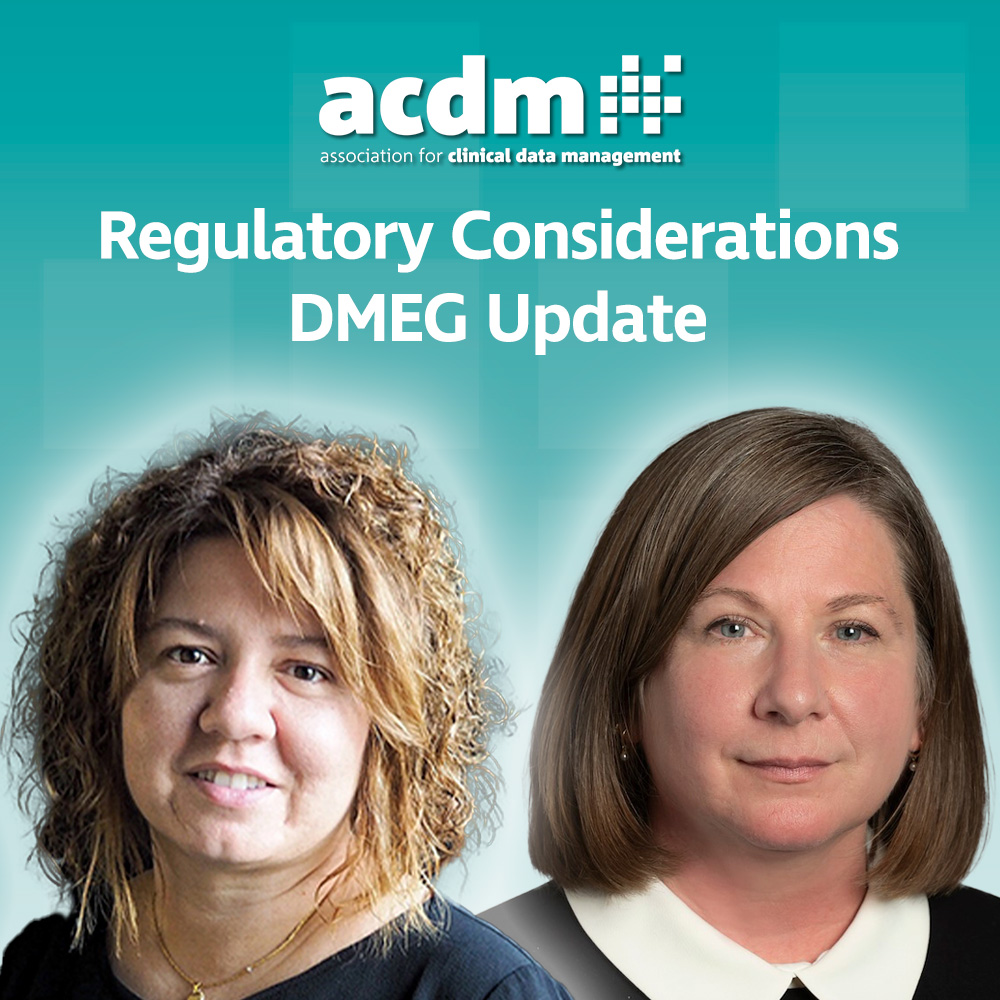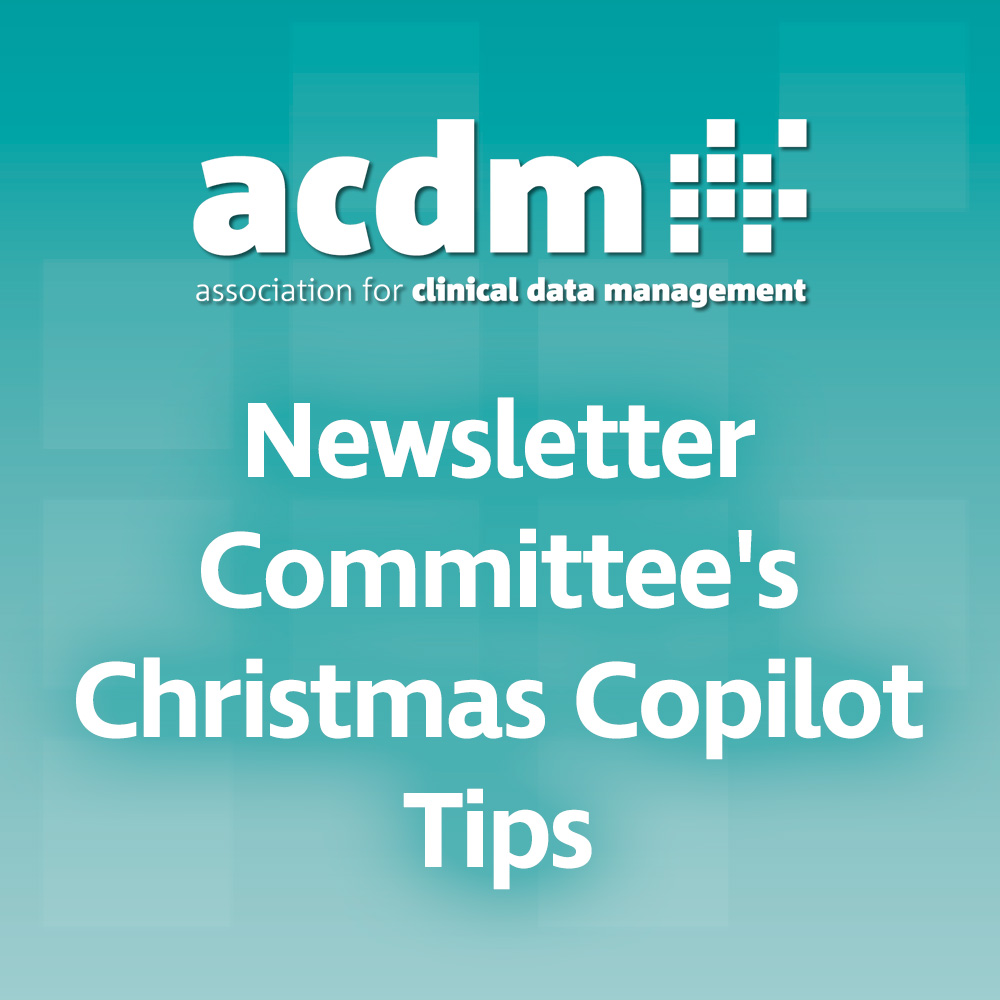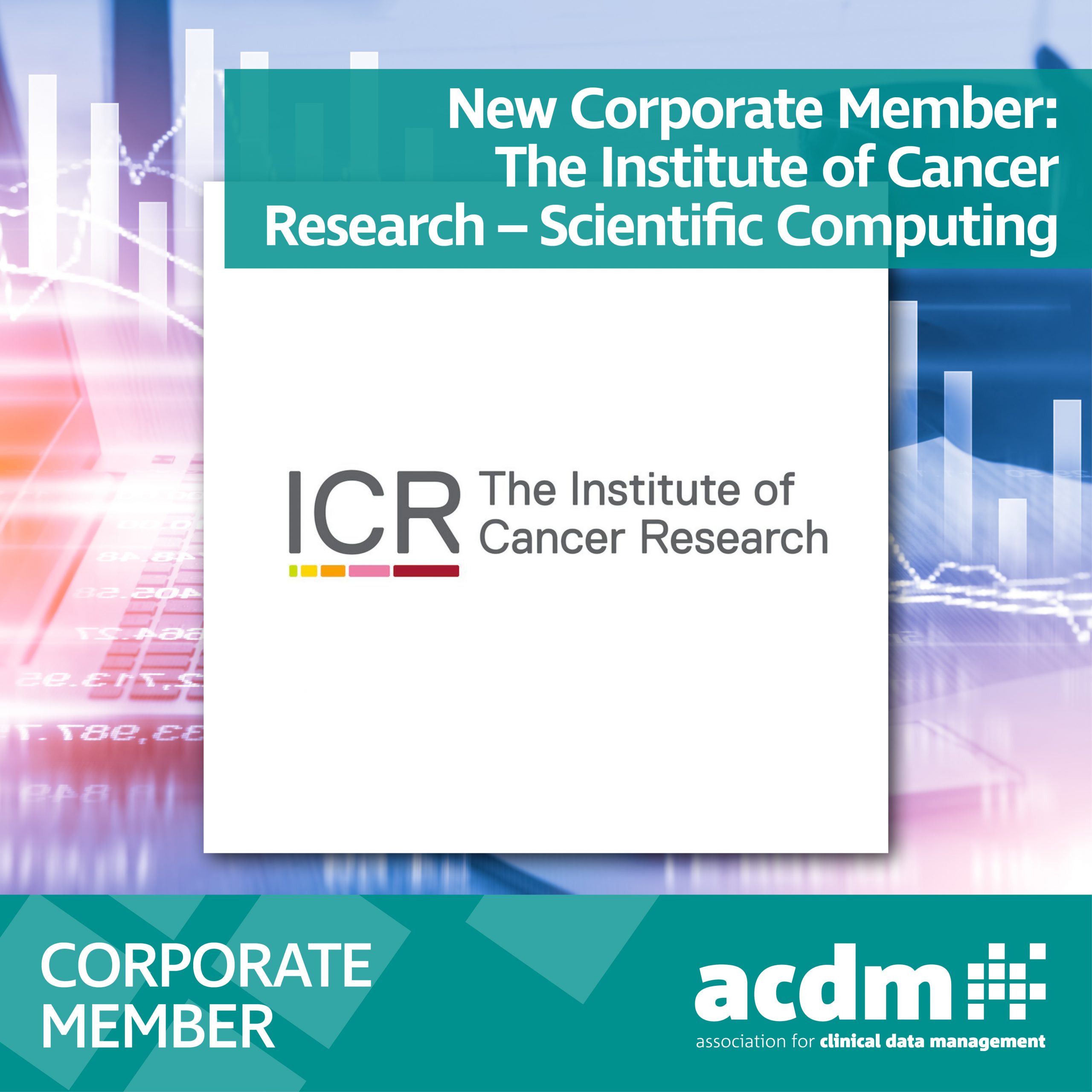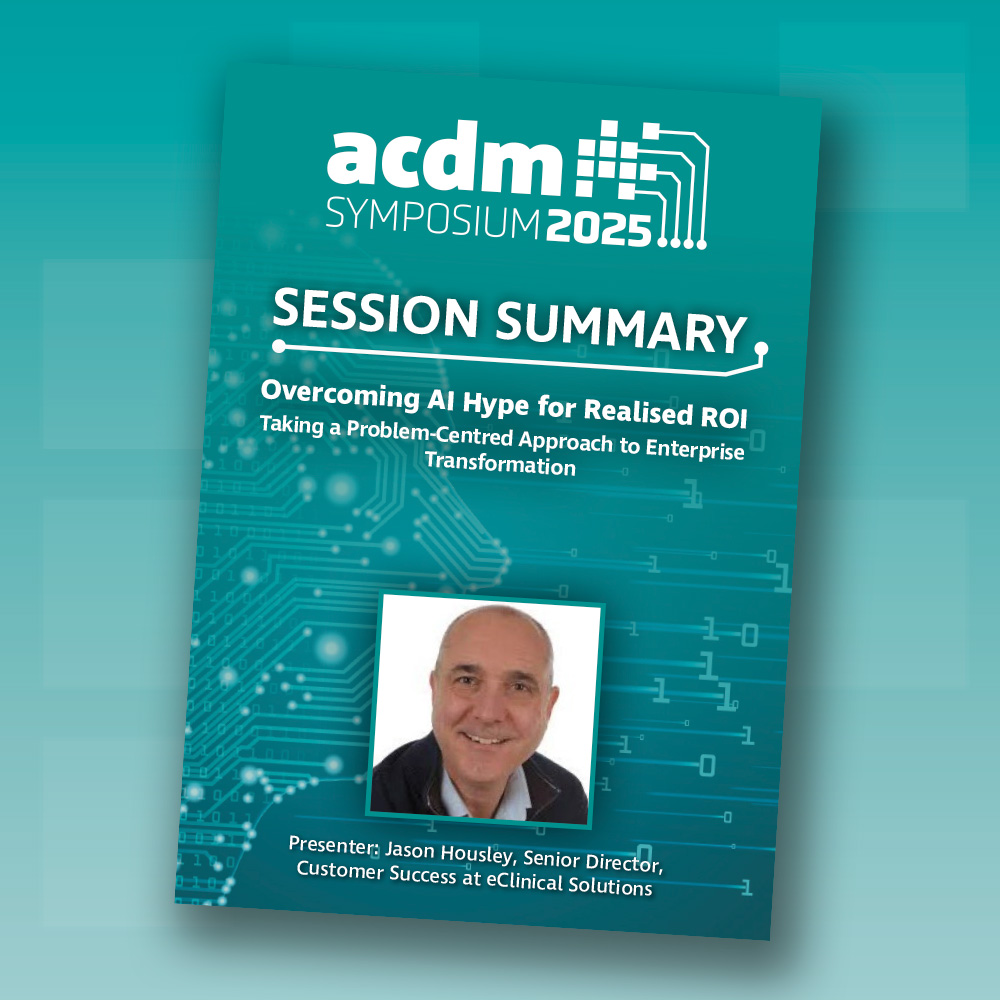CTU DMEG Update
Date: September 29, 2022
The CTU DMEG has been actively discussing common problems that data managers face in academic institutions. This includes but is not limited to: finding graduates for data management roles; how data management is approached and covered in grant applications; linking datasets to clinical datasets and how we can tackle potential challenges commonly faced within this sector.
These different areas of exploration have been distributed within the group, independently and forming new partnerships. Jess Boxall and Julia Phillipson are exploring how to find graduates for roles in DM, as well as differentiating these roles from data scientists and what higher positions graduates can aspire to in this pathway. They are in the process of devising a survey to gather information from other CTUs as to what roles currently exist, what skills or qualifications are required, and what the career pathway of current data managers has entailed in reality. The objective of this scoping project is to make recommendations of methods to increase recruitment of graduates to academic DM positions.
Katy Jarman and Steph Foster are also currently researching the change within the DM environment and potential challenges we all face. By looking through resources and articles, they found a high proportion of high-level articles with more of a commercial focus, which might not be immediately applicable for everyday academic work. They identified that there is currently no forum for informal discussion between CTU DM staff, outside of DMEGs. Thus, the next steps will look at proposing an informal, real-time sharing of ideas between CTU DMs that utilises scheduled internal DM meetings in CTUs and the issues discussed within them. These could then be brought to the DMEG and then shared across members to their CTUs, with the aim to develop an article or guidance if this generates a lot of discussion.
As you can see, steps are already being taken in the wake of our research to find solutions to the problems academic institutions face. We will keep you updated as we hear from further members over the coming months and what they have found of interest.


